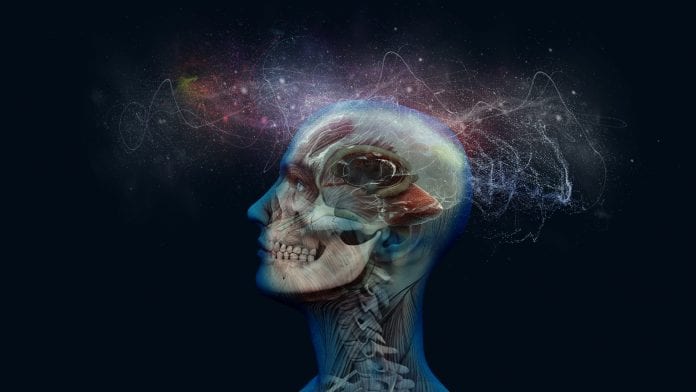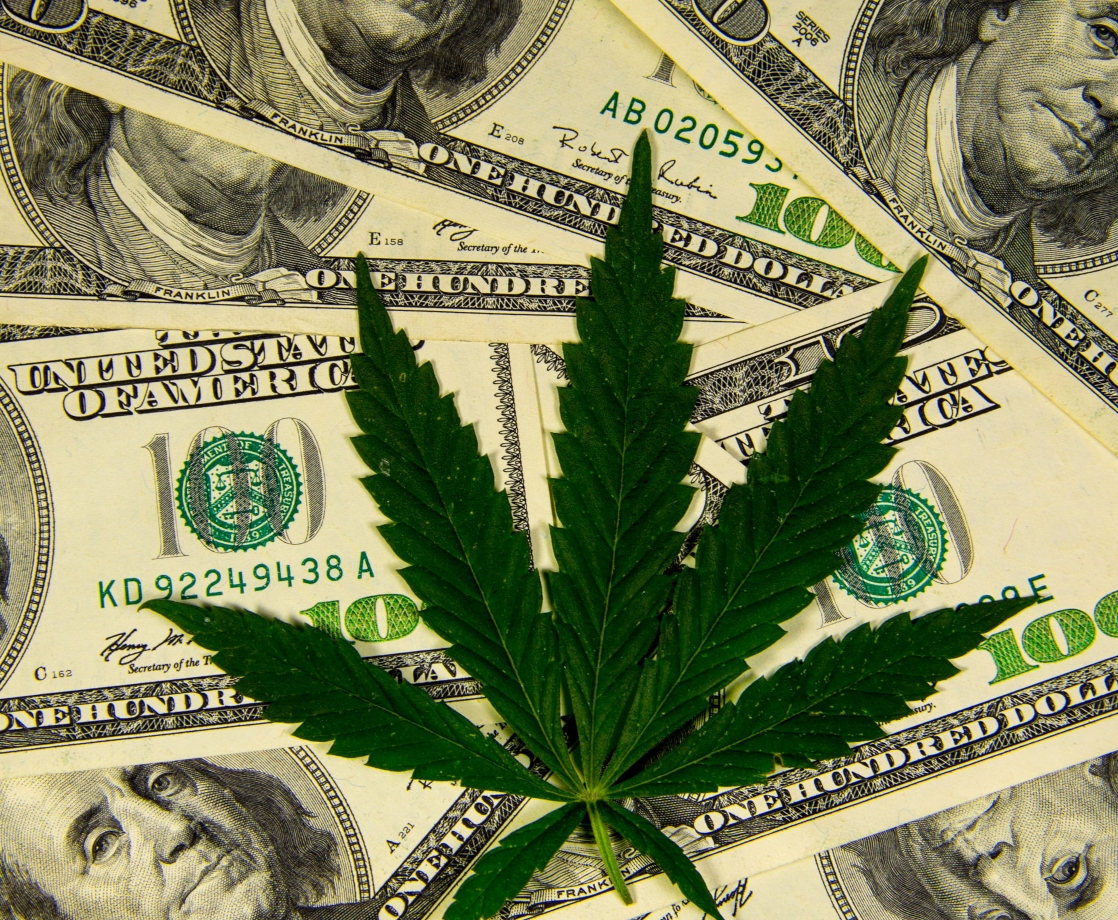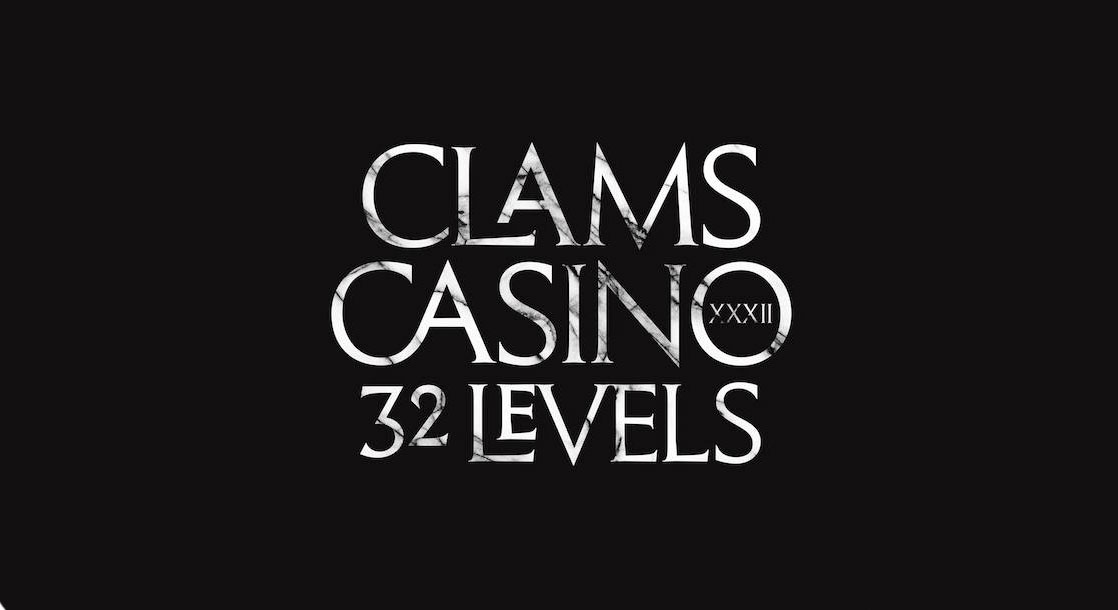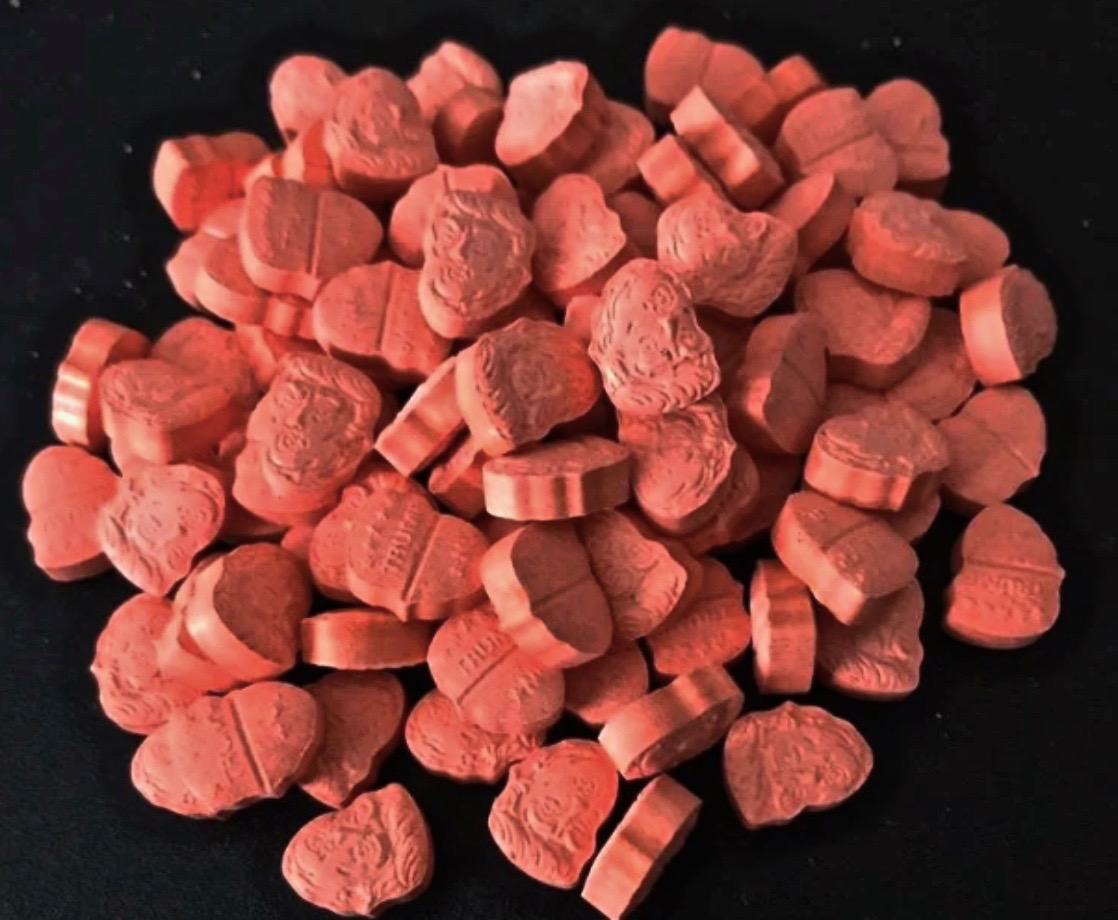Image via
The UK has just entered a new dimension of medical possibilities, as government regulators have approved researchers to conduct clinical trials on the use of psychedelic drug dimethyltryptamine (DMT) to potentially treat depression and other related disorders.
DMT, which is referred to as the “spirit molecule,” has also recently been looked at as a possible treatment for Alzheimer’s. Scientists in Spain have determined that it may actually generate new brain cell production.
Ancient cultures, from South America to Egypt, have used DMT to induce spiritual visions and religious experiences. It is the active ingredient in ayahuasca, a drink consumed during shamanistic rituals and other spiritual rites.
The initial UK trial will test DMT on healthy subjects who have never previously taken a psychedelic drug, including ecstasy or ketamine. A second trial will give the drug to people with depression. They will undergo psychotherapy and observers will monitor the results. The company Small Pharma is set to run the trials, in collaboration with Imperial College London.
Carol Routledge, Small Farmer’s Chief Scientific and Medical Officer, likened the DMT experience to shaking up a snow globe and then allowing the flakes to gently settle. “The psychedelic drug breaks up all of the ruminative thought processes in your brain,” he said. “It literally undoes what has been done by either the stress you’ve been through or the depressive thoughts you have, and [it] hugely increases the making of new connections.”
Routledge explains that there will also be a therapy session following the trip to discuss what the patient saw and experienced. “The session afterward is the letting-things-settle piece of things. It helps you to make sense of those thoughts and puts you back on the right track. We think this could be a treatment for a number of depressive disorders besides major depression, including PTSD, treatment-resistant depression, obsessive-compulsive disorder, and possibly some types of substance abuse.”
Researchers are hoping to conduct the first trial in January. It will follow the template established by similar clinical trials using psilocybin, the magical compound in magic mushrooms. Patients will be administered the drug and, upon returning from their trips, will immediately start a session with a psychotherapist. The difference is that DMT is most definitely not psilocybin.
“Whereas a psilocybin session takes all day,” Small Pharma CEO Peter Rands said, “a DMT session, all in, will probably take under two hours. We expect DMT to be rapid-acting, equivalent or perhaps even better than psilocybin, so within hours of a session you will get rapid relief [from your depression]. We also expect the effect to be sustained over a similar time period.”











